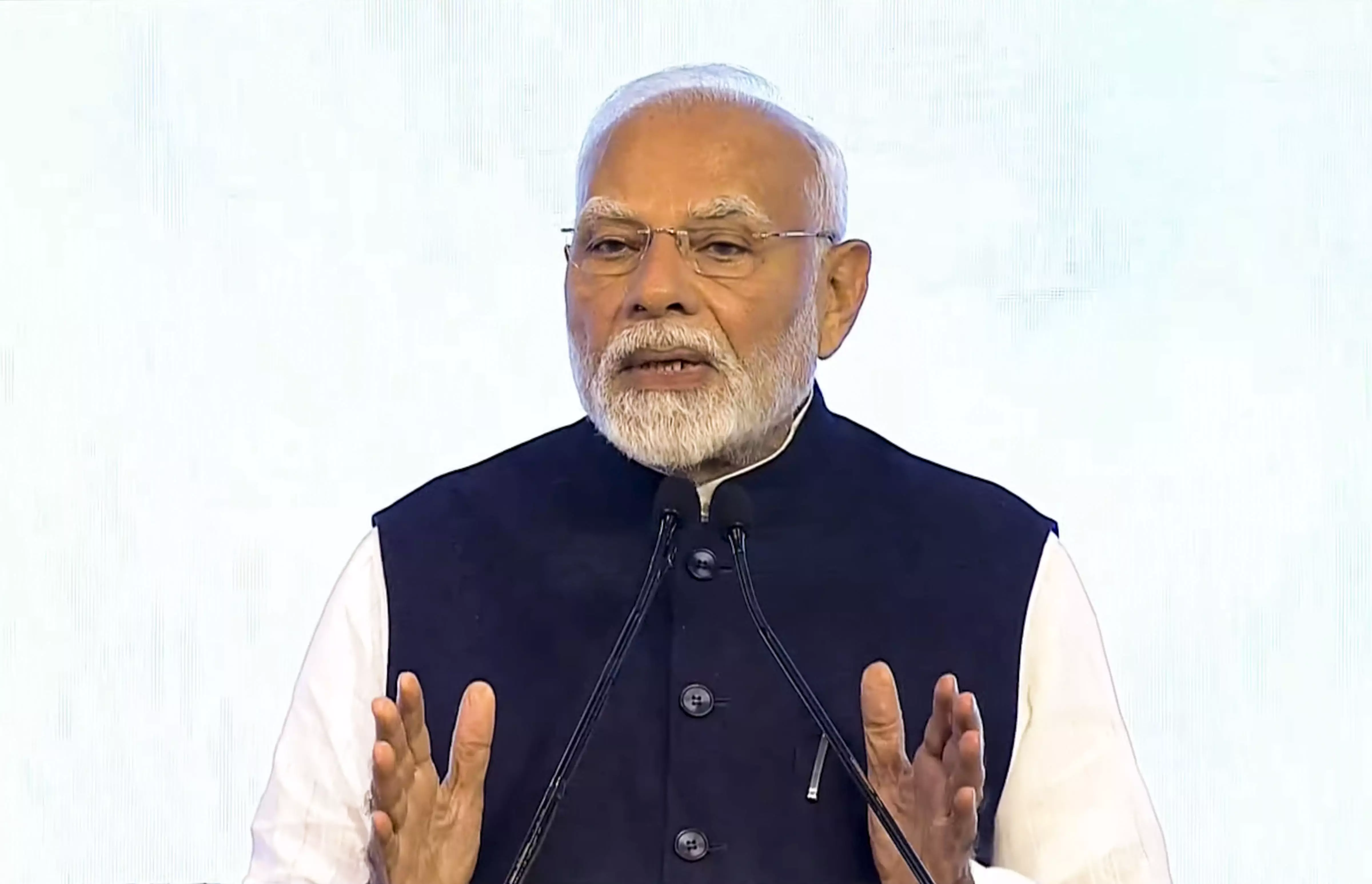DC Edit | Avoid ‘digital arrest’, cyber fraud: Heed advice by PM

Prime Minister Narendra Modi flagging the issue of “digital arrests” and advising his fellow citizens to be vigilant about them comes at a time when reports of online frauds are rushing in from every nook and corner of the country where innocent people being scammed of their hard-earned buck. These run to the tune of lakhs and sometimes crores. The PM has rightly advised them to ignore such arrests as no government agency will resort to such an action as the legal system does not permit it. Additionally, he has asked people to report such crimes to the national helpline number and join the campaign against such scams.
It was important for the Prime Minister to speak on this subject as several people, including the financially literate and well-educated, were made victims of this new style of fraud. The scammers would tell people that they have been placed under “digital arrest” and ask for money in lieu of their release. A courtroom drama would be enacted over Skype to make the gullible believe in the reality of their arrest for crimes they may not have committed but would pay to be spared punishment for.
The success of the fraud is itself a comment on the way Indian law enforcement agencies work because its victims, inured as they are to members crossing the limits of the law, would frequently mistake these scamsters for bona fide law enforcers. Unless made specifically aware of their modus operandi, it is usual even for the generally aware to be an easy mark.
The Prime Minister has said the government is working with state governments and various agencies to fix the disturbing trend. He also called for an awareness campaign, choosing to lead it himself. The government must ensure adequate traction for the campaign so that it reaches every citizen.
The Prime Minister’s intervention comes amid reports that the Indian Cyber Crime Coordination Centre (I4C) of the Union home ministry has estimated Indians could lose over Rs 1.2 lakh crores over the next year to cyber frauds. This is big money, which also includes trading, investments and romance/dating scams. People nowadays are also contacted over telephone, with the caller posing as a customs or telecom regulatory authority representative seeking to collect personal information which they can later use to siphon money from the victim’s bank account.
While awareness is an important element in the overall efforts to check this new malaise, it can only complement targeted and result-oriented government actions. It would require the early deployment of tech-savvy investigators who can act both ways — go to the root of the operations, on one hand, to take preventive measures and smoke the new age criminals out of their dens, on the other. There must be swift follow-up on cases reported to the national helpline.
The government may either form a new agency or carve out a specialised wing from existing ones to ensure fast and resolute action. It may also be required to come up with comprehensive legislation to instal safeguards. There must be legislation to ensure sanctity of personal data, the scamsters having made good business out of the lethargy with which government agencies treat them. Comprehensive and coordinated efforts by the government and the citizens alone can stop this new age robbery.

